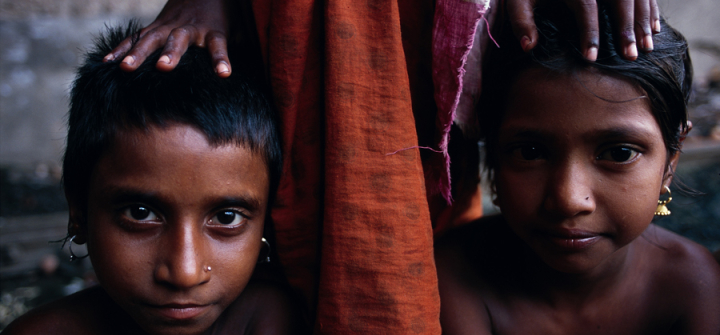What’s the Difference? Global Health Defined
If you’re just testing your interest in population-level health or you’re a veteran public health-er, you may be a bit bewildered by the proliferation of the various “healths”: public health, global health, planetary health, one health… The differences can be squishy, the distinctions cloudy or monumental.
No worries! Global Health NOW is here to help. In this “What’s the Difference?” series, Marija Cemma, PhD, explains the disciplines based on research and interviews with global experts. We hope this will both clarify things as well as spur discussion on social media (see our Facebook page and Twitter feed).
Up now: Global Health.
Global Health
Public health’s cosmopolitan cousin, global health started appearing in journal publications in the late 1970s and comes into the spotlight the 1990s and early 2000s. Global health is focused on human health issues that transcend national borders; it has components of both preventive and individual-level clinical care.
While its power is well-recognized and enthusiastically supported by governments and private philanthropic organizations like the Bill & Melinda Gates Foundation, defining global health has been contentious. Various academic factions have offered up a plethora of definitions. A thoughtful analysis of various global health definitions is provided by Ruth Campbell and colleagues in the Journal of Global Health.
The definition cited most frequently by academic peers was crafted by Jeffrey Koplan, vice president for Global Health at Emory University, and colleagues in a 2009 Lancet article titled “Toward a common definition of global health:”
Global health is an area for study, research, and practice that places a priority on improving health and achieving equity in health for all people worldwide. Global health emphasises transnational health issues, determinants, and solutions; involves many disciplines within and beyond the health sciences and promotes interdisciplinary collaboration; and is a synthesis of population-based prevention with individual-level clinical care.
For his part, Keith Martin, the executive director of the Consortium of Universities for Global Health, opts for concision. He defines global health as “a discipline that advances efforts to improve the well-being of people and the planet.”
Global Health in Action
Martin says SOIL Haiti www.oursoil.org has scaled up a “low-cost, low-tech sanitation program that’s a classic example of global health”. SOIL is a sanitation provider in Haiti that has built Haiti’s first ecological sanitation (EcoSan) toilet back in 2006 and first waste treatment facility in 2009. The EcoSan process converts human wastes into compost. It addresses 2 pressing issues: It provides sanitation to people who would otherwise have no access to a toilet and produces a supply of rich, organic compost critical for agriculture and reforestation.
"This one program addresses 4 enormous, global health challenges (lack of access to sanitation, malnutrition, poverty and deforestation). It does so by providing low cost sanitation and nutritional and economic benefits in low-resource settings while reducing the loss of vital forest cover. It is a quadruple-win program! I have seen the appalling lack of access to sanitation and nutrition in too many low-income communities and how the absence of these essential human needs causes so much illness and suffering. SOIL Haiti overcomes these massive challenges in a culturally sensitive and practical manner by working closely with local communities to meet their needs.”
If That’s Global Health, Then What’s International Health?
The Johns Hopkins Bloomberg School of Public Health’s Department of International Health has chosen to keep that name. They spell out their reasons in this blog post: Why we are named the Department of International Health. Sir George Alleyne, MD, a visiting professor in that department, also gave a Dean’s lecture on the “International” in Health.
For more information on WHO’s transition from international to global public health read this long-form academic article in American Journal of Public Health.
Useful Resources:
- Koplan et al.. Towards a common definition of global health. 2009. The Lancet. Vol. 373 (Jun 6) pp. 1993 – 1995)
- R.M. Campbell, M. Pleic, and H. Connolly. The importance of a common global health definition: How Canada’s definition influences its strategic direction in global health. 2012. Journal of Global Health. Jun; 2(1): 010301
- Consortium of Universities for Global Health (CUGH) annual conference:
- WHO
- This Week in Global Health (TWIGH)
Join the thousands of subscribers who rely on Global Health NOW summaries and exclusive articles for the latest public health news. Sign up for our free weekday enewsletter, and please share the link with friends and colleagues: http://www.globalhealthnow.org/subscribe.html
Image by Shehzad Noorani




